Are crypto projects winning against the US regulator?
This week, our blockchain experts assessed the following topics:
- Are crypto projects winning against the US regulator?
- Public blockchain technlogy is still in beta
- Solana breaks down: Blockchain trilemma explained
- Adoption: African nation to be the second country to declare Bitcoin legal tender
Our bi-weekly Crypto Industry Report provides you with valuable information on the global crypto industry – picked and analysed by our blockchain experts.
Are crypto projects winning against the US regulator?
The popular instant messaging app Telegram has integrated Bitcoin as well as its cryptocurrency called Toncoin. Users of the app can now send and receive either Bitcoin or Toncoin. While Bitcoin is directly enabled within the Telegram app, the address format used is rather old. Toncoin instead is marketed as a fast and cheap blockchain coin. And according to the recent announcement, sending Toncoin within the Telegram app doesn’t even cost any transaction fees.
But Toncoin is actually just a revamp of an older project. Back in 2019, Telegram raised around $1.7 billion in a token sale. In 2020, when they were about to implement their cryptocurrency, which was then referred to as Gram, Telegram was stopped by the US Securities and Exchange Commission (SEC) for having conducted an unregistered securities sale. The company was ordered to pay a fine and return the money to investors.
Back then the project was known as Telegram’s Open Network (TON). It was transitioned to an open-source project by developers and pursued by a foundation that is said to have recently raised $1 billion dollars from users again. It will be interesting to see if the SEC will intervene once more or conclude that this time, everything has been done in a proper legal way.
Telegram is not the only giant that is in the crosshair of the SEC. Since December 2020, Ripple has been in a legal fight with the regulator over whether Ripple, the company behind XRP, has conducted an illegal security offering by issuing XRP, one of the world’s largest cryptocurrencies. Ripple objects by claiming that XRP is merely a utility token for payments. In defence of XRP, proponents are also hinting at a speech given by former SEC director William Hinman, in which he declared ether not to be a security.
Although a resolution might only be found in 2023, according to Ripple CEO Brad Garlinghouse things are likely to develop in favour of Ripple. Rumour has it that Ripple has managed to compel the SEC to release documents that may prove it has selectively enforced regulations in the cryptocurrency industry. Whatever the outcome of the case will be, there is a lot at stake for the crypto world.
Public blockchain technology is still in beta
The last few days have been particularly interesting, as they once again proved that public blockchains are still in beta. With Ethereum, the world’s biggest smart contract platform saw its transaction fees rise significantly due to a popular NFT mint orchestrator by Yuga Labs, the company behind the infamous Bored Apes Yacht Club (BAYC) NFT collection. In the process of buying virtual land NFTs in the highly anticipated metaverse called Otherside, investors paid more than $176 million in gas fees, with one Ethereum user alone spending $44,000.
For Yuga Labs, the NFT sale was a huge success as the company raised north of $561million in less than 24 hours. For the Ethereum community however, the high gas fee moment was yet another instance that showed there is still a lot of scaling to be done. In an outburst of emotions, some projects announced that they were going to turn their back on Ethereum for a while, pursuing their own blockchain in order to properly scale. Even Yuga Labs itself, posted on Twitter that ApeCoin, the currency used for the NFT sale, will have to migrate to its own chain and encouraged the DAO to think about such an endeavour.
The question is whether such moves will really solve the problem. After all, specific chains that are built to host popular projects come with their own set of trade-offs. This was made abundantly clear when Axie Infinity’s Ethereum sidechain Ronin was hacked a few weeks ago. The more fruitful way will be for roll-ups and other second-layer solutions to take up the slack. One of them, Optimism, just launched its DAO and announced its long-awaited airdrop to further grow its user base and attract value. Similar to how Sushiswap’s vampire attack on Uniswap with their token created an interesting dynamic back in the summer of 2020, a layer 2 vampire war of competitive token launches could be upon us.
Solana breaks down: Blockchain trilemma explained
While Ethereum was plagued with high transaction fees recently, one of its biggest competitors Solana went offline for about 7 hours. Similar to Ethereum, NFTs were also the culprits. As a matter of fact, the non-fungible token minting tool called candy machine by Metaplex Candy was flooded by bots that spammed the Solana blockchain with transactions. Supposedly the flood of transactions was as big as 4 million transactions per second.
As a consequence, Solana’s validators and block producers lost consensus. They no longer agreed on which transactions had been received and in what order. The nodes tried to regain consensus but failed. While the network managed to reboot at some point, it was not the first time Solana was offline but already the 7th in 2022.
Such an outage is particularly painful for DeFi users. During another outage back in January, various users got liquidated because they could not access the network and with it the DeFi solutions on Solana’s blockchain. As Solana’s price dropped, they saw their collateral go down with no option to top up their balances to avoid liquidation.
The Solana outage goes to show one thing clearly: While Solana is more scalable with faster and cheaper transactions, its enhanced scalability is achieved at the expense of security and decentralisation. And this is exactly what the so-called blockchain trilemma predicts: When it comes to scalability, security, and decentralisation, a public blockchain can only ever achieve two out of the three characteristics simultaneously. As it stands today: No public blockchain has been able to overcome the scalability trilemma due to fundamental trade-offs of how the world works.
Adoption: African nation to be the second country to declare Bitcoin legal tender
The Central African Republic, one of the poorest countries on earth, has accepted Bitcoin as legal tender. After El Salvador, the African nation is the second country to take this step. Even if such a political gesture does not magically transform the country, for the time being, such an initiative can be seen as a step in the right direction. After all, Bitcoin is said to be most beneficial to the so-called unbanked.
Of which there are many in countries like El Salvador or the Central African Republic. All the more positive is the fact that Bitcoin wallet growth in the Latin American country shows strong signs of adoption. According to South America’s biggest crypto exchange Bitso, the back-end technology provider for El Salvador’s Chivo wallet, 20% of all Salvadorans are using the Chivo wallet. What doesn’t seem to be a lot, isn’t exactly that small of a percentage given that in 2017 only 29% of adults in El Salvador had a bank account.
Going forward, it will be interesting to see whether or not more countries will follow these two pioneers. Just recently, Panama passed a bill that permits the regulated use and commercialisation of crypto assets in the country. Some people on Twitter have already asked the question: How orange-billed will the world be in less than ten years?
And if it is not for governments to adopt Bitcoin, maybe their central banks will do it. During the Swiss national bank’s recent general assembly, it was argued that the central bank of Switzerland should hold Bitcoin as currency reserves. While SNB president Thomas Jordan did say that Bitcoin does not meet the requirements of currency reserves, he did mention that the national bank would technically as well as legally be able to buy Bitcoin. So, with the Swiss national bank already holding various assets from stocks to currencies to gold, maybe one day, they might also add the crypto asset.
Share post
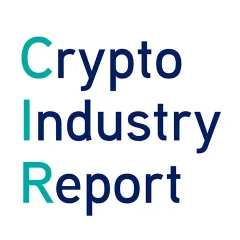
Related Posts
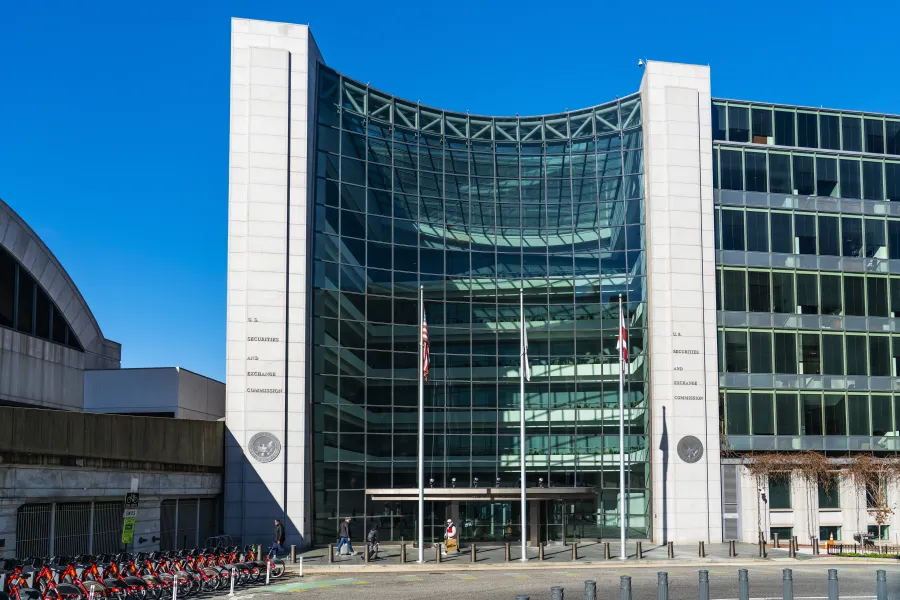
To be continued: SEC pushes back at Coinbase
SEC pushes back against Coinbase's claim of no regulatory jurisdiction, stating the crypto exchange knowingly violated securities laws. Meanwhile, Gemini, owned by the Winklevoss twins, files a lawsuit against Digital Currency Group and CEO Barry Silbert alleging fraud and deception following the collapse of a lending venture. The Bank for International Settlements survey reveals that 93% of central banks are working on Central Bank Digital Currencies (CBDCs) which are seen as potential geopolitical policy tools and a challenge to the dollar's dominance. The race for a Bitcoin ETF intensifies, with BlackRock refiling its application featuring Coinbase as the market surveillance partner, as the Grayscale Bitcoin Trust's discount to net asset value narrows, potentially indicating the transformation into a proper ETF.
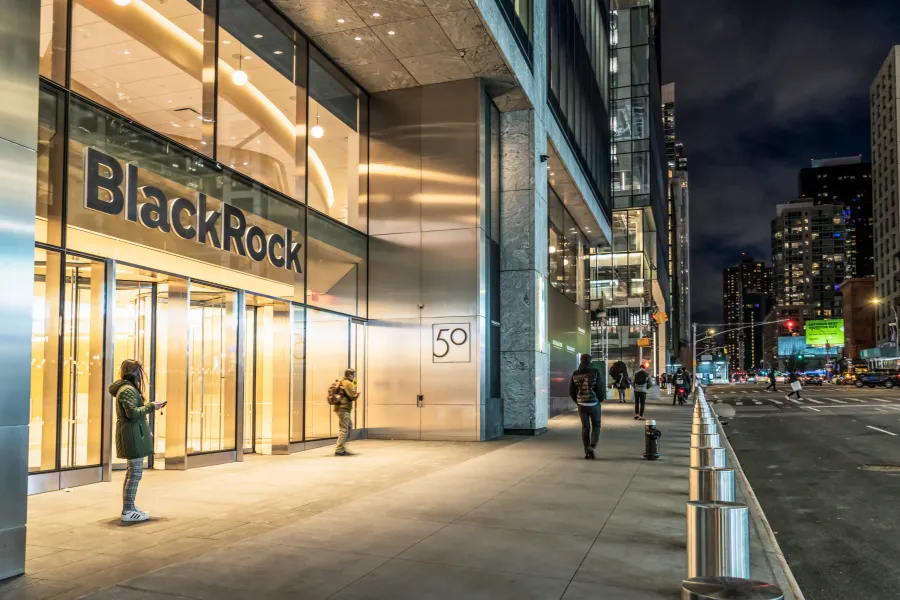
BlackRock fever: The ETF filing spree and institutional appetite
BlackRock filed for a Bitcoin ETF with the SEC, inspiring similar applications from firms like WisdomTree, Invesco, and Fidelity, and boosting Bitcoin's value. Traditional finance institutions such as Fidelity and Nasdaq are showing increased interest in crypto, with moves towards exchange and custody services. The defunct crypto exchange FTX, under new CEO John Ray III, is planning a potential revival after recovering significant assets. Meanwhile, the IMF is developing a global CBDC platform for cross-border transactions and DAI, a major stablecoin, is diversifying its backing from USDC to include real-world assets.
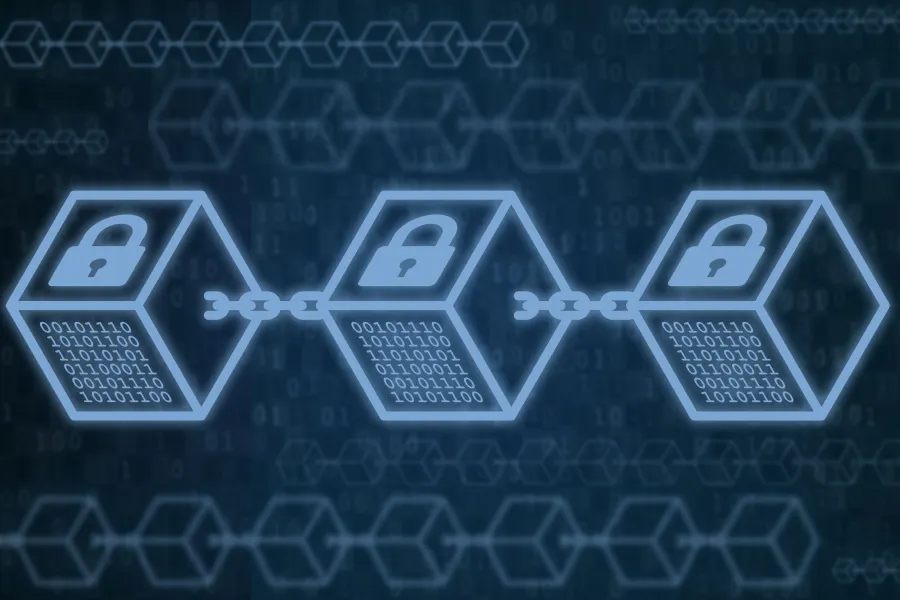
SWIFT explores blockchain interoperability
SWIFT has partnered with Chainlink to experiment with leveraging its infrastructure for transferring tokenized value across blockchain networks. The trials will address interoperability, regulatory challenges, and operational drawbacks for financial institutions in a blockchain environment. Chainlink will provide connectivity between private and public blockchains. SWIFT's findings will be published later this year.

China wants an Internet 3.0, while Hong Kong gears up for crypto trading launch
China is striving for advancement in Internet 3.0 technologies, with Beijing's white paper outlining plans to invest in the development of the metaverse and Web3 tech such as non-fungible tokens, but not cryptocurrencies due to the country's previous ban. Meanwhile, Hong Kong is launching its new crypto trading regulations, allowing retail investors to participate from June 1, 2023, with exchanges like Huobi Hong Kong beginning to offer spot trading to retail and institutional clients. Furthermore, the Cybersecurity and Technology Crime Bureau of the Hong Kong Police Force is launching a metaverse platform, 'CyberDefender', to educate the public about potential threats and crime prevention in the metaverse.
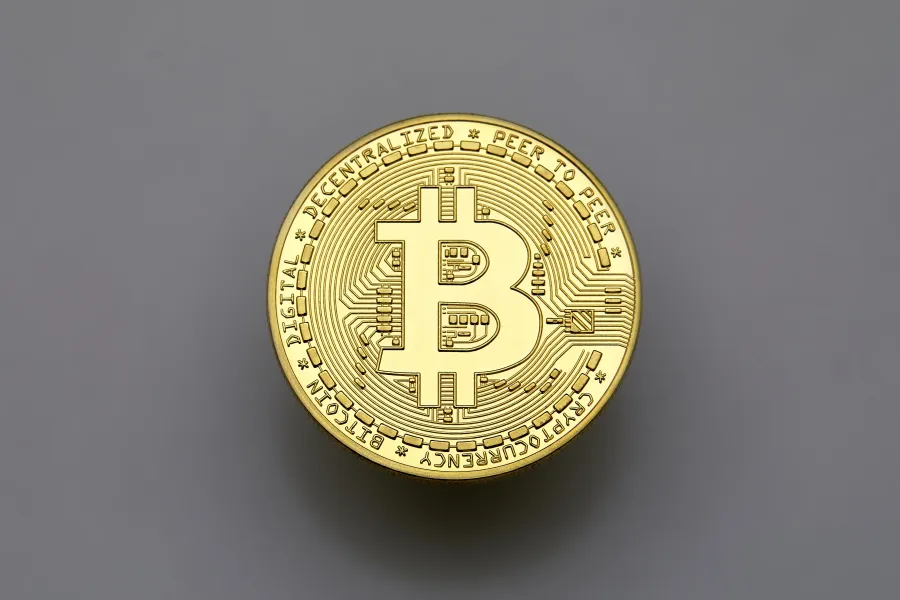
BRC-20: Innovating on Bitcoin is the new cool
A new Bitcoin “token standard” called BRC-20 is the hottest thing right now in the crypto space. It was introduced in March 2023 by a pseudonymous person called Domo. Bitcoin Request for Comment 20 (BRC-20) is an experiment that brings fungible tokens to the Bitcoin blockchain using the Ordinals protocol. Ordinals rely on ordinal theory, enabling the identification and tracking of individual satoshis within Bitcoin's existing supply, while also allowing them to be inscribed (associated) with data. Through this technique, satoshis (sats) are given ordinal numbers starting with zero. Anyone can add a script file to a sat to create and transfer a BRC-20 token on the Bitcoin blockchain. BRC-20 tokens are created using three functions: deploy, mint, and transfer.
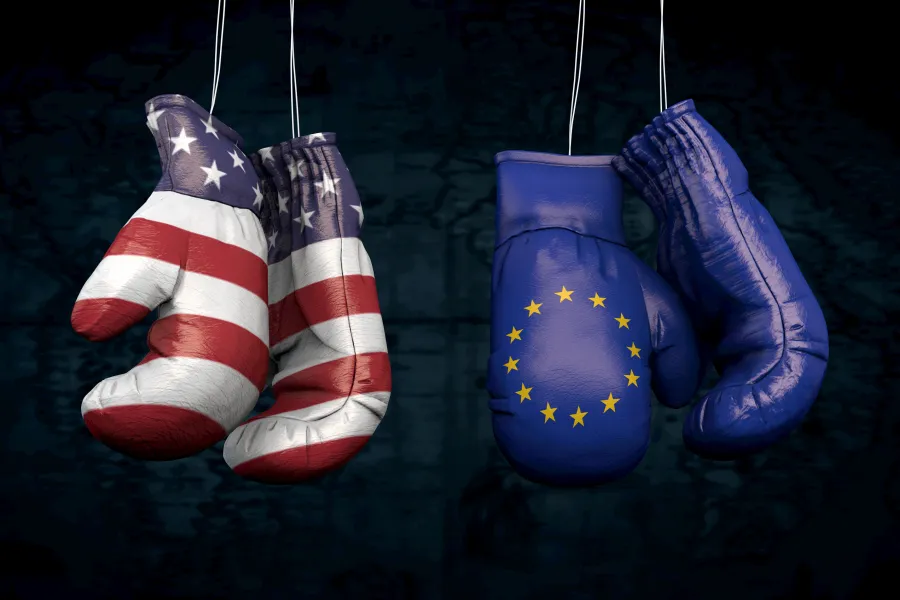
US versus EU: Giants fighting for regulatory clarity
It is official now: The European Parliament voted overwhelmingly in favour of Markets in Crypto Assets (MiCA), legislation that will guide the crypto sector in all 27 European Union member states. 517 parliament members voted for it, while 38 voted against it. This approval makes Europe the first continent with comprehensive rules for cryptocurrencies. Also, it means that all EU member states will have unified crypto regulations. So, if a crypto business is approved in one EU member country, it could easily expand operations to another member state. The EU’s milestone was lauded by Binance as well as Kraken and Coinbase.
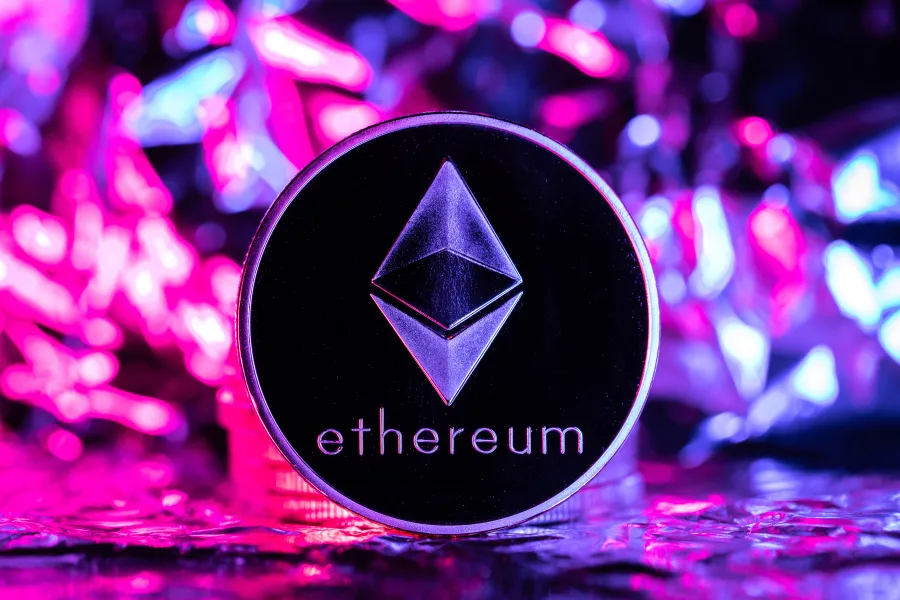
Ethereum: Another milestone reached with the Shanghai Update
On April 12, 2023, Ethereum successfully executed the planned Shanghai update also known as Shapella. The upgrade allows validators to unstake their staked ETH and withdraw their rewards, as well as staked ether if chosen. Now that another level of uncertainty has waned for the biggest smart contract blockchain, this new feature could attract more investors to stake their ether.

CFTC versus Binance:
Clash of the titans
The world’s leading crypto exchange by volume, Binance, alongside its CEO, Changpeng Zhao, and ex-Chief Compliance Officer, Samuel Lim, are being sued by the US Commodity Futures Trading Commission (CFTC).
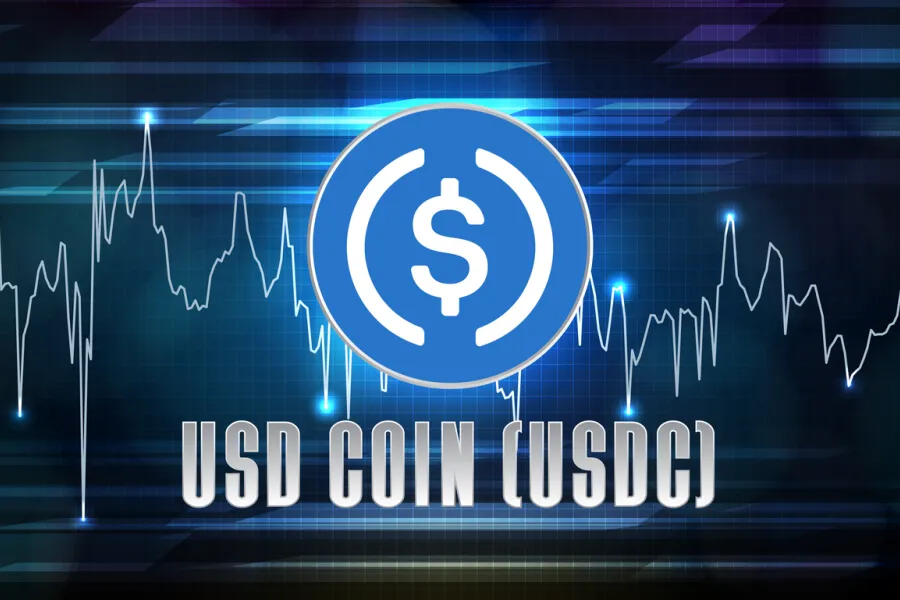
Stablecoin USDC briefly lost its
peg. What do we learn from this?
One of the top stablecoins by market cap, USD Coin (USDC), de-pegged briefly from the US dollar on March 11 following the collapse of Silicon Valley Bank (SVB). Circle, the stablecoin’s issuer, held $3.3 billion in USDC reserves with the bank, which caused panic as investors rushed to withdraw their funds, assuming USDC could implode because of insufficient backing. However, the amount represented less than 8% of the stablecoin’s reserves.

Ethereum Shanghai upgrade pushed to April: Will there be too much selling pressure?
Ethereum stakers have been eagerly awaiting the Shanghai upgrade, which will enable them to withdraw their staked ether. Stakers’ funds have been locked since Ethereum introduced the proof-of-stake Beacon Chain in December 2020. The upgrade was originally slated to take place sometime in March but was pushed by about two weeks to April during a recent execution layer meeting.